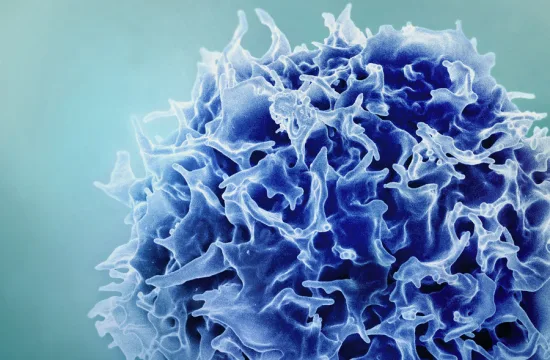Management and nutritional strategies are needed to protect livestock from heat stress resulting from climate change, according to a review paper published in the Pertanika Journal of Tropical Agricultural Science.

Copyright : szefei via 123rf
Safe and cost-effective animal protein will be vital to food security as the human population grows to an expected 11.2 billion by the year 2100. With climate change already having visible impacts, it is important to understand how it will affect the general health of livestock.
Dr Veerasamy Sejian from India’s ICAR-National Institute of Animal Nutrition and Physiology and colleagues reviewed the latest research on the effects of heat stress on livestock immunity. Livestock immune functions are either suppressed or enhanced, depending on the length of exposure to heat stress.
[pullquote]The team’s review could serve as a useful reference material for researchers aiming to improve livestock production in a changing climate scenario by means of optimizing livestock immune systems, the researchers conclude.[/pullquote]
Heat stress mainly affects the immune system through three endocrine glands: the hypothalamus and pituitary glands located in the brain, and the adrenal glands located above the kidneys. Activation of the hypothalamo-pituitary-adrenal axis leads to the secretion of hormones that affect various components of the immune system. Stress also impacts the system responsible for what is known as the flight-or-fright response. This system, called the sympathetic-adrenal-medullary system, acts by releasing chemicals that enhance the breakdown of glycogen, increasing blood glucose levels so the body can meet its higher stress-induced energy requirements.
Generally, activation of these two systems alters animals’ immune functions, affecting the integrity of protective barriers and the response of immune cells to attacking pathogens.
Heat stress also impacts critical events in the life cycle of livestock, including the passive transfer of maternal antibodies to offspring via milk and developing an effective response to vaccination.
Effective management of animal shelters and providing evaporative cooling systems can play an important role in reducing the effects of heat on livestock. Rearing livestock that are selected for their heat tolerant genes can also form an effective protective strategy.
Recent research has shown that modifying livestock nutrition can be an effective approach to manage the impacts of heat stress. Vitamin A and zinc supplements, for example, can help maintain protective barriers against pathogens in the gut and udders. Combined supplements of selenium and vitamin E can positively influence the ability of white blood cells to attack pathogens. Iron can also play an important role in promoting the development of immune-related glands.
Another important protective strategy involves the naturally occurring bacteria present in the guts. Prebiotics are indigestible ingredients that stimulate the growth and activity of gut bacteria. When gut bacteria are healthy, they compete against invading bacteria for food, preventing the invaders from flourishing. Probiotics are mixtures of live microorganisms that are beneficial to animal health. These line the gut, strengthening its mechanical barrier. They also compete with pathogenic bacteria, making it more difficult for them to survive.
The team’s review could serve as a useful reference material for researchers aiming to improve livestock production in a changing climate scenario by means of optimizing livestock immune systems, the researchers conclude.







